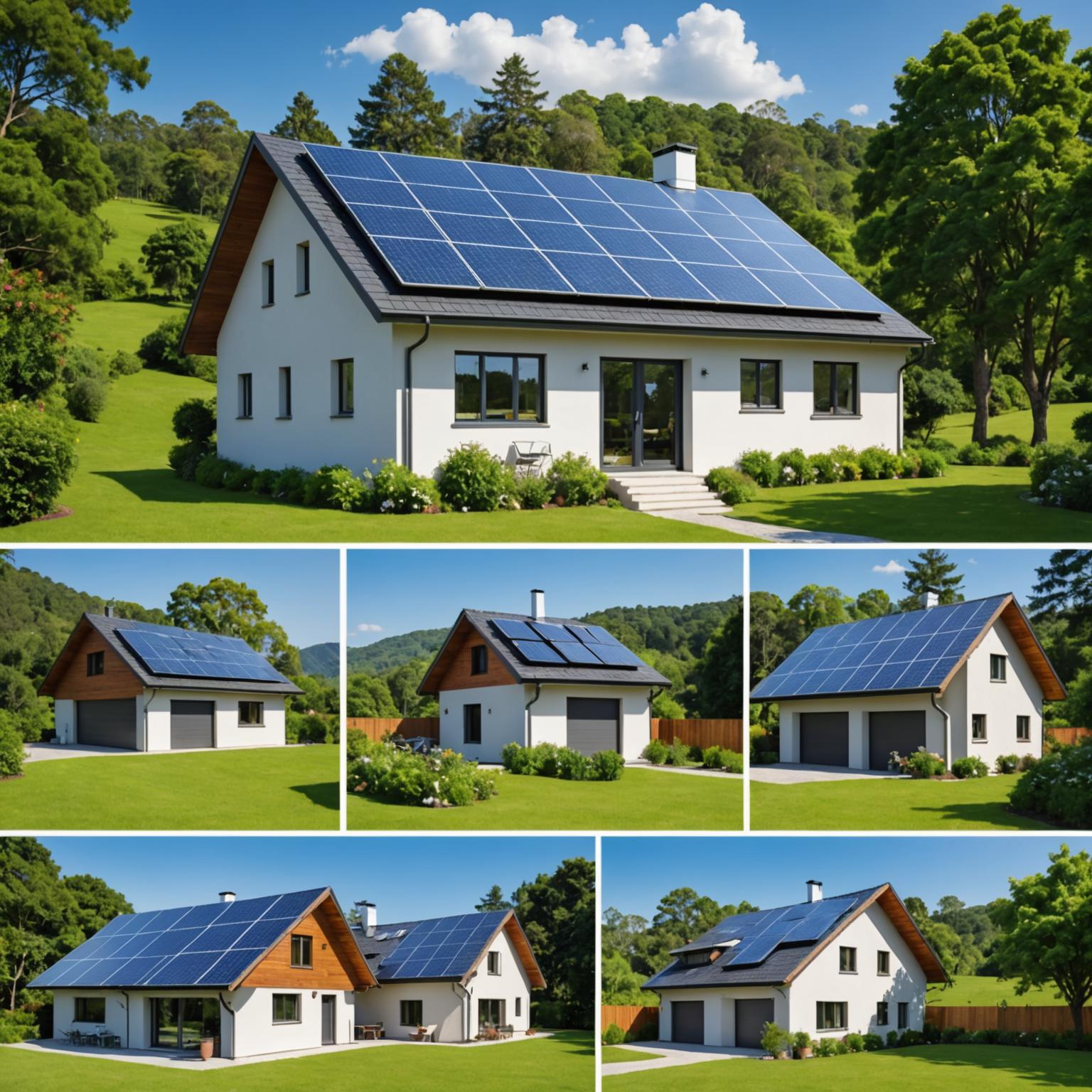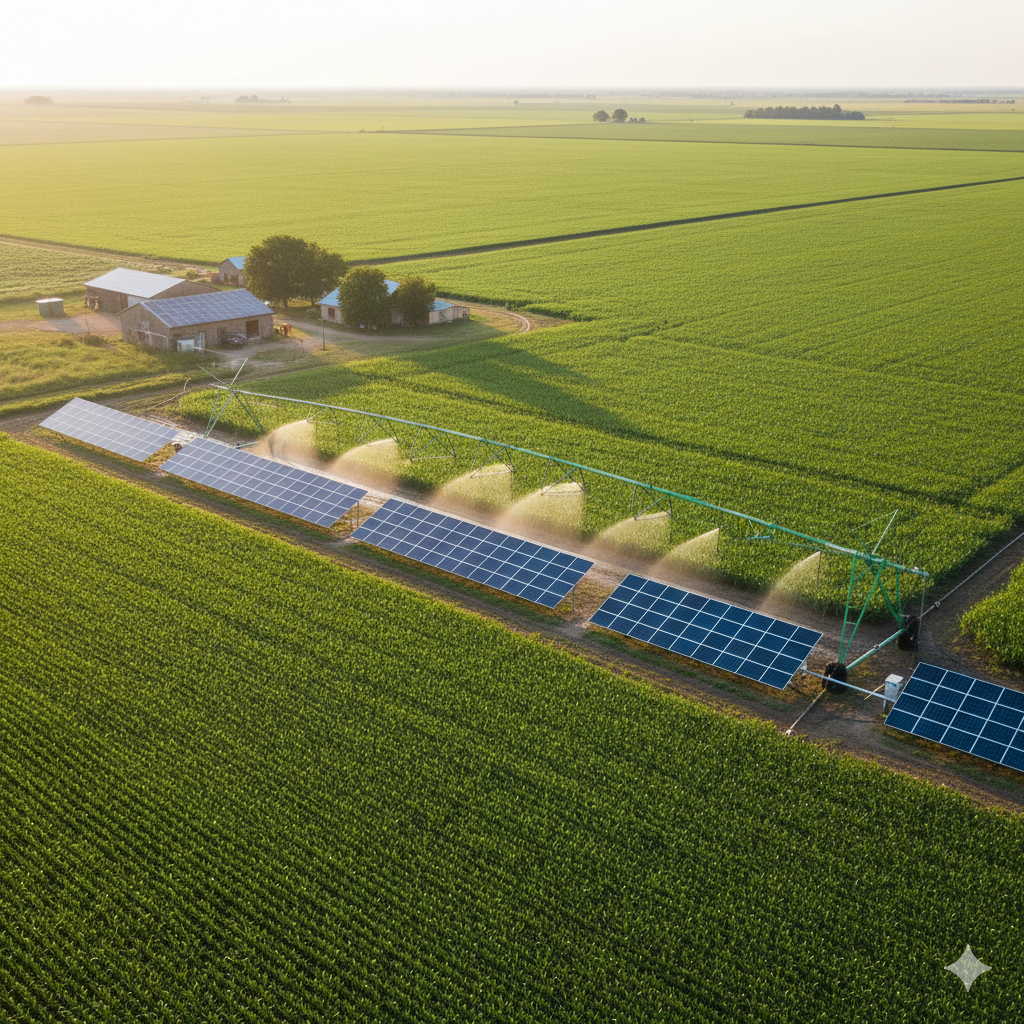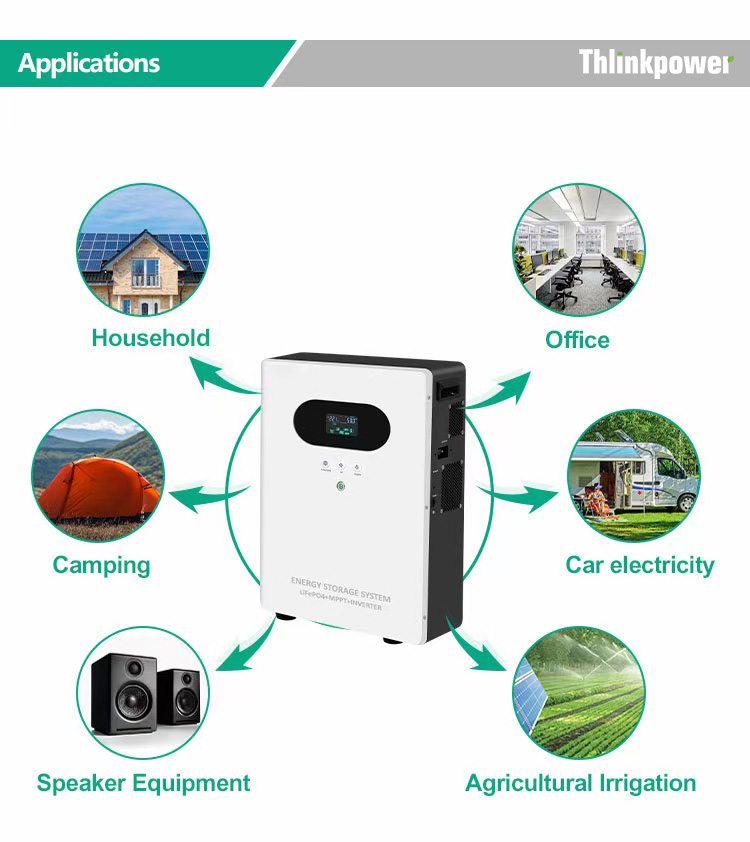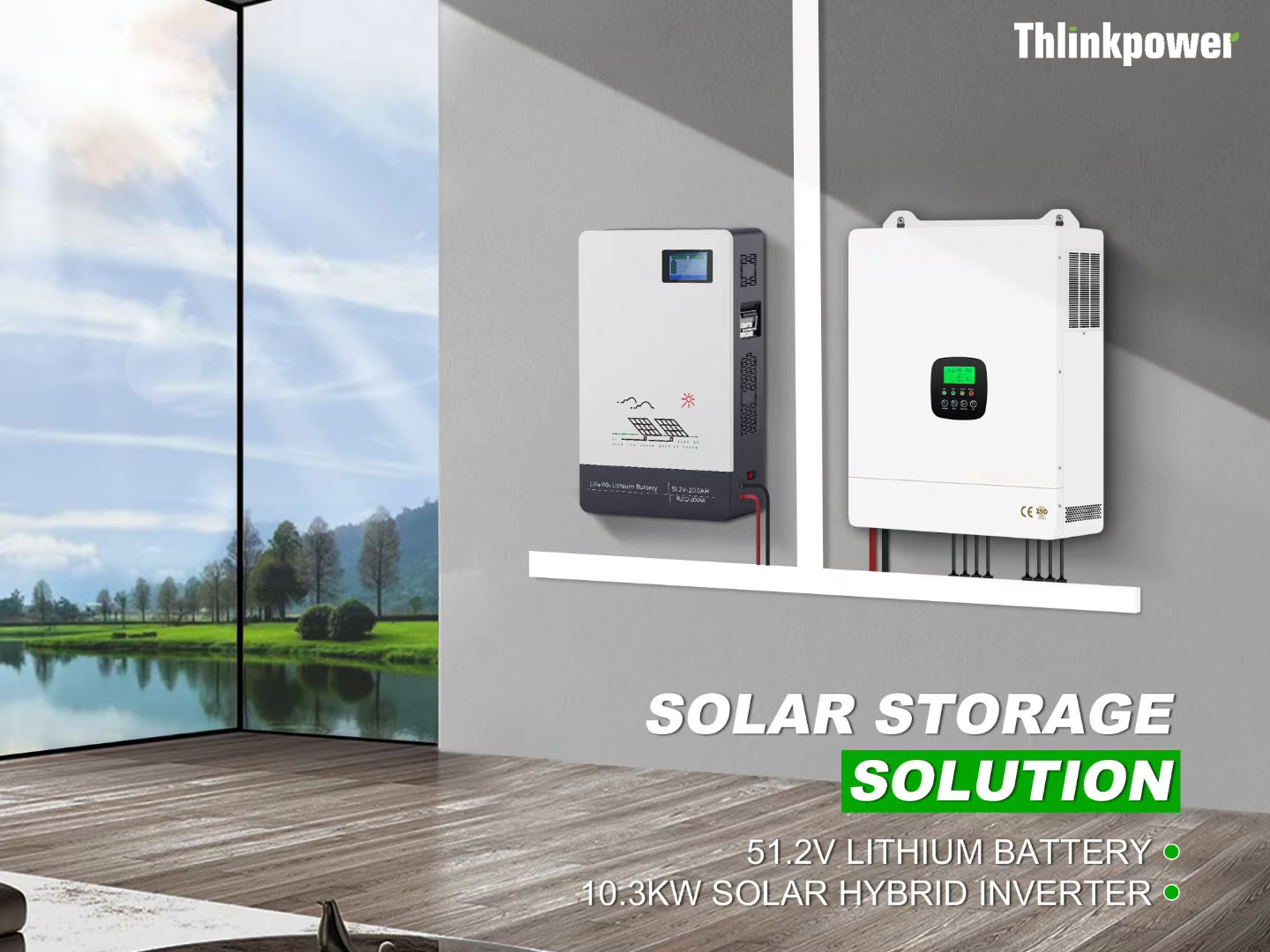
Smart Energy Infrastructure: The Role of Inverters Converters Companies in Renewable Expansion
The global shift toward renewable energy is reshaping how power is generated, distributed, and consumed. At the heart of this transformation lies the inverters converters company—a driving force enabling stable and efficient energy systems. By transforming raw DC electricity from solar panels or batteries into grid-ready AC power, and by controlling bidirectional energy flow, these companies bridge technology and sustainability in every project.
With global renewable capacity expected to double by 2030 (according to IRENA), the need for smart energy infrastructure has never been greater. Today’s inverter and converter manufacturers are no longer just component suppliers—they are system integrators shaping the next generation of intelligent power grids.
From Conversion to Integration: A Technological Evolution
Early inverter and converter systems focused mainly on energy conversion efficiency. Now, advanced solar inverter manufacturers integrate communication, control, and data intelligence—enabling decentralized power management and hybrid energy operations.
Key engineering evolutions include:
-
Bidirectional converters that enable both charging and discharging for energy storage systems.
-
High-frequency switching technology to reduce heat loss and improve performance.
-
Smart monitoring via IoT-enabled firmware for real-time analytics.
-
Adaptive MPPT control for optimized solar power tracking under dynamic conditions.
This transition from simple conversion to intelligent coordination is what defines a modern inverters converters company—one capable of supporting the grid of the future.
Industrial and Commercial Applications
| Application | Energy Source | Key Function | Benefit |
|---|---|---|---|
| Industrial Plants | Solar + Grid + Battery | Load balancing and reactive power control | Improved efficiency and reduced downtime |
| Commercial Buildings | PV + Storage + EV Chargers | Smart energy routing | Lower operational costs |
| Utility-Scale Projects | Solar Farms + Grid | Grid stabilization and frequency regulation | Enhanced reliability |
| Hybrid Microgrids | Solar + Diesel + Battery | Energy autonomy for remote areas | Reduced fuel use and carbon footprint |
Such applications show how inverter and converter systems form the core infrastructure of modern renewable installations. Whether supporting industrial automation or integrating with EV charging networks, their role extends far beyond voltage conversion.
Manufacturing Excellence and Global Reliability
Behind every reliable inverter or converter lies a robust production ecosystem. Leading inverter factories and suppliers focus on innovation, testing, and certification to ensure global compatibility:
-
Automated assembly lines maintain consistency in soldering and PCB quality.
-
In-house R&D centers refine topologies and thermal management systems.
-
International certifications (IEC, CE, UL) guarantee compliance with global markets.
-
OEM & ODM flexibility enables tailored product development for distributors and EPC contractors.
Such precision manufacturing allows each inverters converters company to supply systems that meet both technical and environmental standards, contributing to long-term energy stability.
Overcoming Global Energy Challenges
-
Grid Instability:
Smart converters regulate frequency and voltage, minimizing grid fluctuations. -
Energy Storage Integration:
Bidirectional inverters manage power exchange between solar, grid, and battery systems. -
Sustainability Requirements:
Eco-friendly materials and recyclable casings support green manufacturing goals. -
Regional Customization:
OEM customization allows compliance with local voltage standards and grid protocols.
Through these solutions, modern inverter and converter systems turn renewable potential into practical, scalable power networks.
Key Considerations for Buyers and Project Developers
Before choosing an inverters converters company, developers should evaluate:
-
Conversion Efficiency: Minimum 98% for utility-scale performance.
-
Thermal Management: Reliable operation in hot or humid climates.
-
Communication Protocols: Compatibility with SCADA or EMS systems.
-
After-Sales Support: Availability of local technical assistance and warranty services.
A well-chosen manufacturing partner ensures both short-term returns and long-term operational resilience.
Common Questions from Global Partners
Q1: What’s the difference between an inverter and a converter?
An inverter converts DC to AC, while a converter regulates DC voltage or converts AC to DC—both are essential in solar and hybrid systems.
Q2: Can inverter and converter systems be customized?
Yes. Leading OEM manufacturers offer tailored voltage ranges, enclosures, and firmware according to project requirements.
Q3: Are Chinese inverter companies globally certified?
Most top-tier companies comply with IEC, CE, and UL standards, ensuring compatibility with grid regulations worldwide.
Thlinksolar: Advancing Smart Energy for a Sustainable Future
At Thlinksolar, we go beyond traditional inverter manufacturing—we design integrated energy systems that combine conversion efficiency, hybrid flexibility, and intelligent control. As a trusted inverters converters company, our engineering teams focus on high-performance hardware and smart firmware designed for industrial, commercial, and residential use.
Our solutions empower partners to deploy reliable, sustainable, and scalable renewable infrastructure worldwide.
Learn more about our intelligent inverter and converter systems on our homepage or connect with our team through our contact page for OEM collaboration or customized project solutions.



